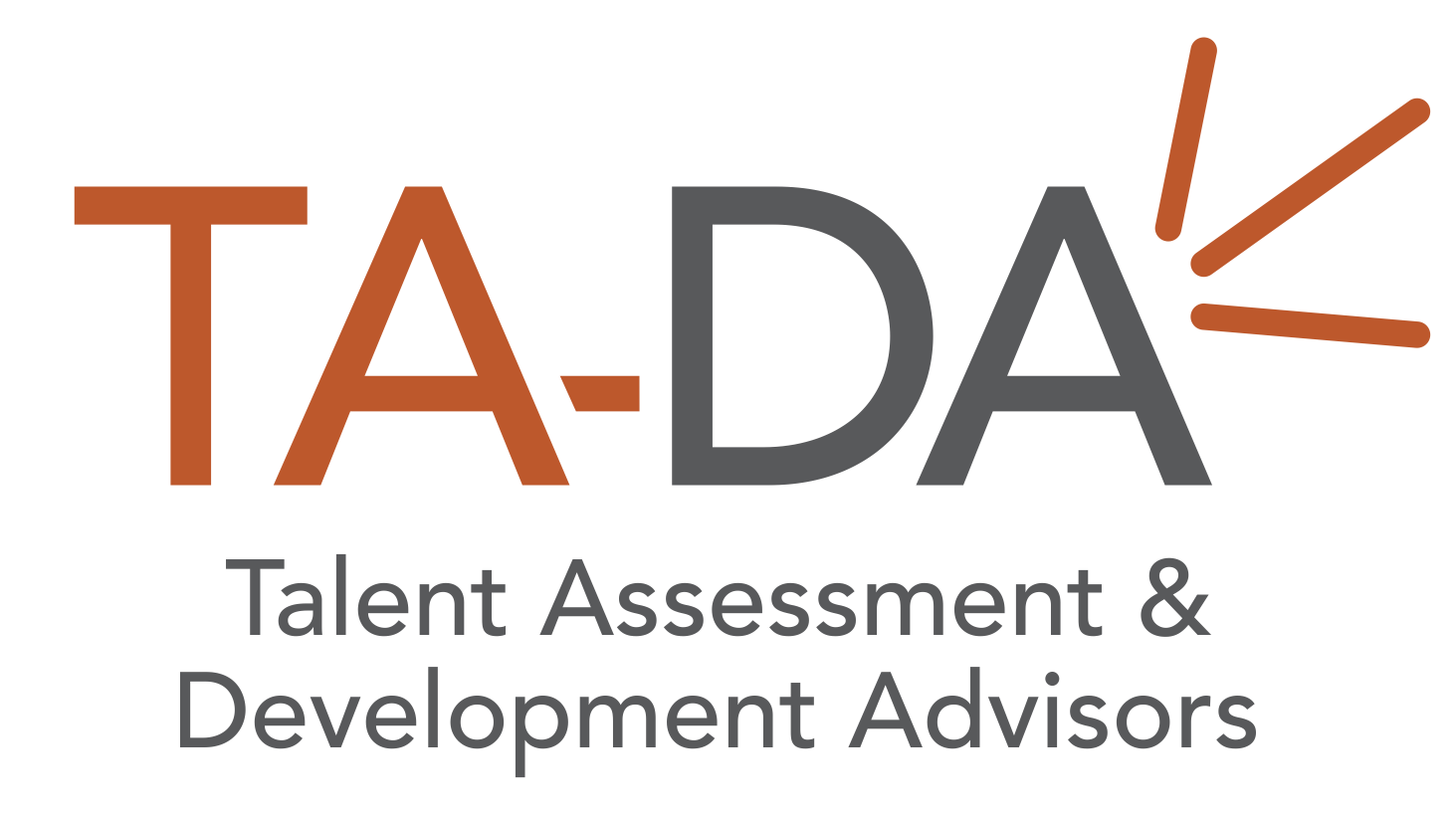Challenging Competencies
“It's not about charisma and personality, it's about results and products and those very bedrock things.” — Steve Jobs
We tend to get overly accustomed to past innovations as opposed to thinking about their core purpose and need and if they are still working today. Human capital and talent processes have fallen into this trap, and we should get out. What was once disruptive has become passé and the weaknesses have become apparent. I’m not talking about computer operating systems. I am talking about competencies.
When competencies were identified as a method to understand human capital, it was considered a revolution. Instead of talking about skills or knowledge, competencies were about behaviors, what people actually do. Interviews could uncover competencies, build workforce performance, and accelerate company results. And, competencies are trainable, by emulating behaviors anyone can become a high performer.
But, problems have emerged. Hiring for competencies has become a challenge, as people have learned to fake competency in behavioral interviews. Worse yet, the emphasis on what people do is just wrong. Organizations are in business for the purpose of developing better results. Individual contributions matter. Behaviors only matter to the extent that they are linked to results. If we forget the importance of results, we have missed the point.
I was part of the competency revolution. Earlier in my career I was amazed at the insights provided by competency. I learned a lot and actually built a career from competencies. But I have also seen how they have become confused.
Many other consultants have started to see the problems. My colleagues at Linkage and I started to focus on “commitments,” as areas that leaders actually deliver. My friends and collaborators at MDA Leadership are investigating “roles.” [hyperlink]. Many need to focus more on “what” human capital delivers vs how these results are delivered.
Now, we are focusing on human capital equities, asking and answering the question “what value has a person developed and how does this manifest in company’s performance?” We can investigate this by looking at past performance and by projecting future potential.
Think about people you have worked with. Some are simply more valuable than others. Let’s try to keep in mind the actual need in talent decisions.
— Charley Morrow


